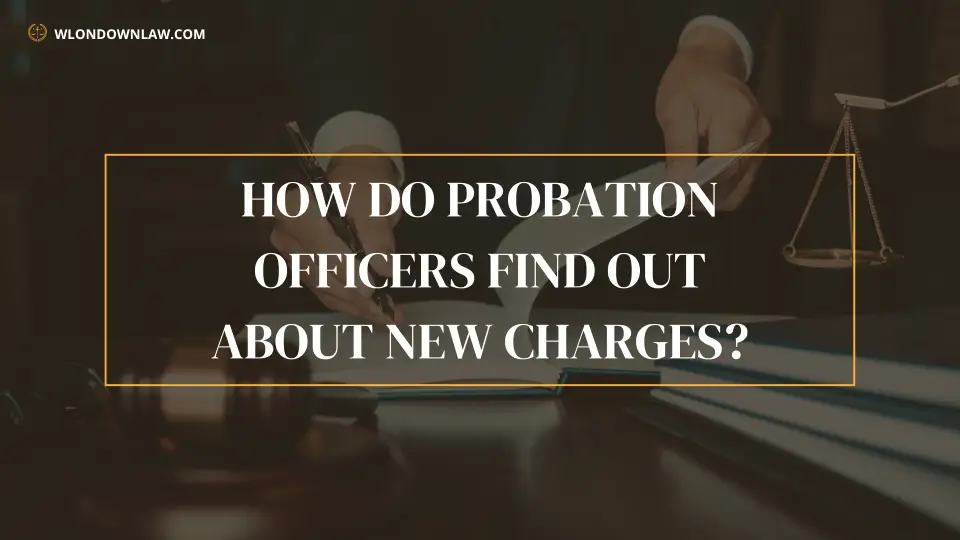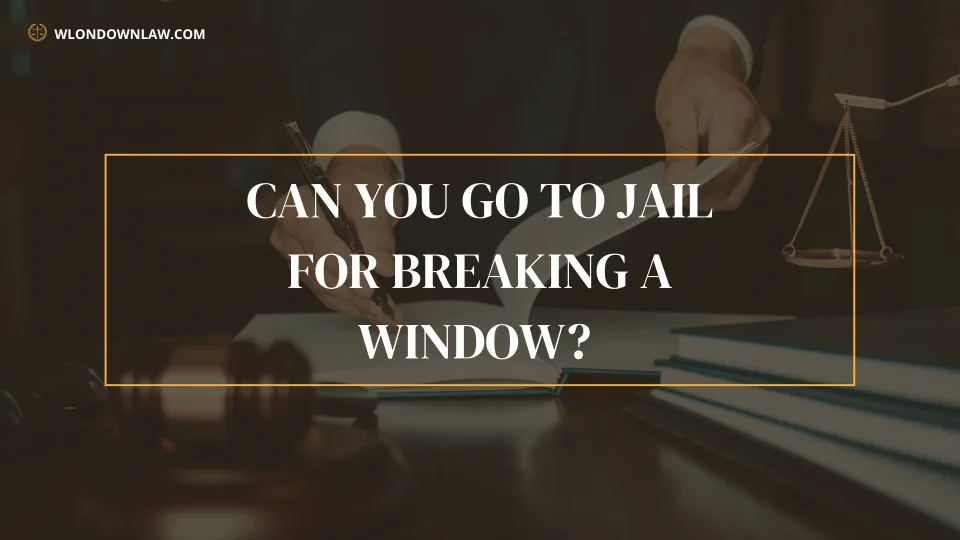The authority of a probation officer to search a probationer’s home may vary depending on the terms of the individual’s Probation. However, in general, probation officers have the authority to search a probationer’s residence without a warrant.
This is because Probation is a privilege granted by the court, and as a condition of that privilege, the probationer must agree to certain restrictions on their Fourth Amendment rights. As for searching a parent’s room, the authority of a probation officer in this scenario would also depend on the specific terms of the Probation.
It is advisable to consult the probation officer directly or seek legal advice if there are any concerns or questions about the scope of their authority in conducting searches. Can my probation officer search my parents’ room? Let’s see in detail.
A Probation Officer’s Authority in a Shared Home
As a probation officer, the scope of authority to search a probationer’s home typically includes all common areas and the probationer’s personal living space. However, the authority to search areas belonging to the probationer’s parents may be more limited.
In general, a probation officer would need a valid reason, such as a specific lead or suspicion of criminal activity, to justify searching a parent’s room. Additionally, the probationer’s parents may have certain legal protections against searches of their personal property.
It’s important for probationers and their families to understand their rights and the limitations of a probation officer’s authority. Suppose there are any concerns about a potential search of the parents’ room.
In that case, it may be beneficial to consult with a legal professional to ensure that all parties’ rights are being respected.
Conditions of Probation and Rights of Parole Officer:
Probation is a court-ordered sanction that allows an individual to remain in the community under the supervision of a probation officer rather than serve time in jail. The conditions of Probation can vary depending on the individual’s criminal history and the nature of the offense.
These conditions may include mandatory drug testing, attending counseling or rehabilitation programs, maintaining employment adhering to a curfew.
Rights of Parole Officer
Parole officers have the right to monitor the individual’s compliance with these conditions through regular check-ins, home visits, and communication with employers and treatment providers.
They also have the authority to recommend consequences, such as a return to jail, if the individual violates the terms of their Probation.
However, parole officers must also respect the rights of the individual, including their privacy and freedom from unreasonable search and seizure.
The role of a probation officer may also involve balancing the need for supervision and accountability with the rights and dignity of the individuals under their care.
Does a Probation Officer Need a Search Warrant?
A probation officer generally does not need a search warrant to search for a probationer’s home or person. This is because when an individual is placed on Probation, they waive their Fourth Amendment rights against unreasonable search and seizure.
Probation officers are given the authority by the court to conduct searches of a probationer’s home, vehicle, or person without a warrant as long as it is to monitor compliance with the terms of Probation. However, there are limitations to this authority, and a probation officer cannot search without any reason or suspicion.
The search must be related to the probationer’s rehabilitation and public safety. Additionally, the search must be conducted in a reasonable and non-intrusive manner. If a probation officer conducts an unreasonable search without cause, it may violate the probationer’s rights and could result in legal repercussions.
How can a Criminal Defense Attorney help me during Probation?
A criminal defense attorney can provide valuable assistance during Probation by helping you understand the terms of your Probation and ensuring that you comply with them. They can also advocate on your behalf if any issues arise during your probation period, such as a misunderstanding or false accusation.
Additionally, they can help you navigate the complex legal system and provide guidance on how to avoid potential violations that could result in further legal trouble. Your attorney can also work to mitigate any potential consequences if you do violate the terms of your Probation, advocating for a fair outcome and potentially minimizing the impact on your freedom and future.
Having a criminal defense attorney by your side during Probation can provide peace of mind and the support needed to successfully fulfill the requirements of your Probation without risking further legal trouble.
What will the Probation Officer do If The Cohabitant Does Not Give Consent?
Suppose a Probation Officer or law enforcement officer encounters a situation where the cohabitant does not give consent for a search. In that case, the officer must adhere to the guidelines outlined in the Fourth Amendment of the U.S. Constitution.
This means that the officer cannot search without a warrant unless there are certain specific circumstances, such as the presence of exigent circumstances or probable cause. The officer must be able to demonstrate a reasonable basis for conducting the search, which may include evidence of illegal activity or a threat to public safety.
If the officer does not have a warrant or meets the criteria for an exception, then they must respect the cohabitant’s right to refuse consent for a search. The officer may need to seek further legal guidance or assistance in obtaining a warrant, if necessary, in order to ensure that they are acting within the confines of the law.
Can A Probation Officer Arrest You?
A probation officer does have the authority to arrest individuals under their supervision if there is evidence of a probation violation. He can also search your home. This includes things like failing a drug test, not reporting for scheduled appointments, or engaging in criminal behavior.
However, probation officers do not have the same authority as law enforcement officers when it comes to making arrests. They are required to follow the proper procedures and protocols for detaining an individual, and they must have a valid reason for making an arrest.
In most cases, a probation officer will work with local law enforcement to carry out an arrest if necessary. Individuals on Probation need to understand that their probation officer does have the authority to arrest them if they violate the terms of their Probation.
What Are Probation Violations?
Probation violations occur when someone who is on Probation fails to comply with the terms and conditions set by the court. This can include anything from failure to pay fines, missing scheduled appointments, not completing required community service, or being arrested for a new offense.
When a person violates their Probation, it can result in serious consequences such as being sent to jail, having Probation extended, or facing additional fines and penalties. The specific consequences will depend on the nature of the violation and the discretion of the judge.
Some common probation violations include:
- Failing to report to the probation officer as required
- Failing to complete court-ordered classes or programs
- Testing positive for drugs or alcohol
- Associating with known criminals or individuals with a criminal record
- Committing a new crime while on Probation
Probation violations are taken very seriously, and it is important for those on Probation to fully understand and adhere to the terms of their Probation to avoid further legal trouble.
Conclusion
In conclusion, whether your probation officer can search your parents’ room will depend on the specific terms of your Probation. If the conditions of your Probation allow for searches of any part of the residence where you reside, then it is possible that your parents’ room could be subject to search.
However, if there are no specific provisions regarding searching your parents’ room, your probation officer may not have the authority to search for that area. It is important to review the terms of your Probation and seek legal advice if you have any concerns about the scope of your probation officer’s search authority.
Understanding your rights and responsibilities during Probation can help ensure that you comply with all requirements and avoid potential legal issues.
Frequently Asks Questions
Can I be violated if contraband is found in my parents’ room?
It depends on the specifics, but it could lead to an investigation. This is why consulting an attorney is crucial.
What should my parents do if a probation officer wants to search their room?
They can state it is their private room and that they do not consent. However, the officer may still be able to search based on the probation conditions.


